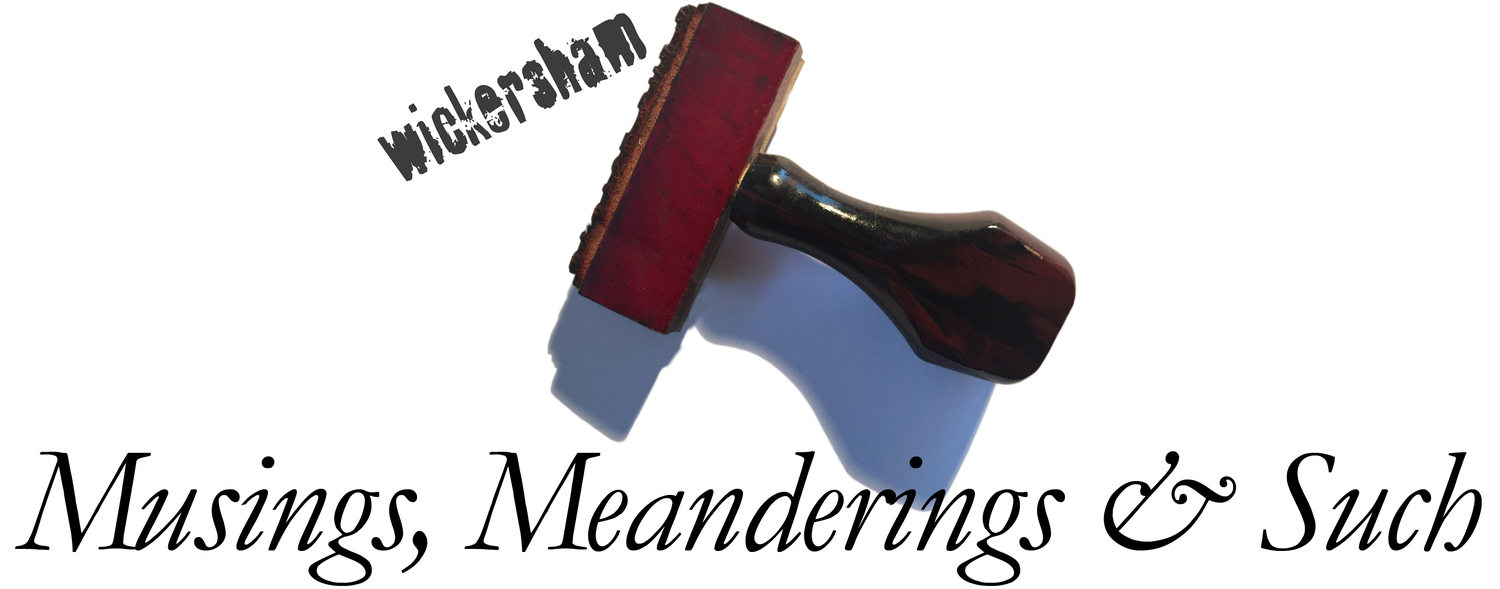Maybe there’s too much doom and gloom around AI.
Fear is never productive. Yes, paradigms will shift, and jobs will be lost and redefined, but opportunity will abound. Gartner expects the AI market to be $297B as soon as 2027.
And Ive's numbers are considered an underestimate by some. For example, McKinsey predicts that AI could potentially contribute $13 trillion to the global economy by 2030.
At Fortune’s MPW conference last week, Ark Invest’s Cathie Wood said AI will cause widespread but positive “disruption” in many industries over the coming years. And Goldman Sachs’ senior strategist Ben Snider said last week that he expects A.I. to boost corporate profits by 30% over the next decade as productivity soars. These are staggering numbers that will benefit the global economy.
One door closes, and another door opens. An adage that is so true in tech. And never more true now. According to a report by Gartner, AI will create 2.3 million jobs by 2020 while eliminating 1.8 million jobs.
What does that mean? It means that we need to adapt to the disruption. Learn to collaborate with these new tools.
These tools can elevate humanity, expand our creativity, introduce new paradigms, and create new jobs and entire industries.
Yes, there needs to be oversight, transparency, and regulation. If our approach is to consider AI as a friend, not the enemy, and we embrace the potential while applying the proper guardrails, the future is bright.
What’s hard to grasp is that this nascent industry has yet to find its legs. It is just the beginning. What’s to come is only limited by our imaginations.
For creative people, yes, roles and industries will shift, but human creativity will continue to reign supreme. The answer is to embrace the change as a partner in creativity, as a way to unlock the imagination, and to make new things in new ways.
After all, we are the creators. We are the directors.
Embrace the possibilities.

